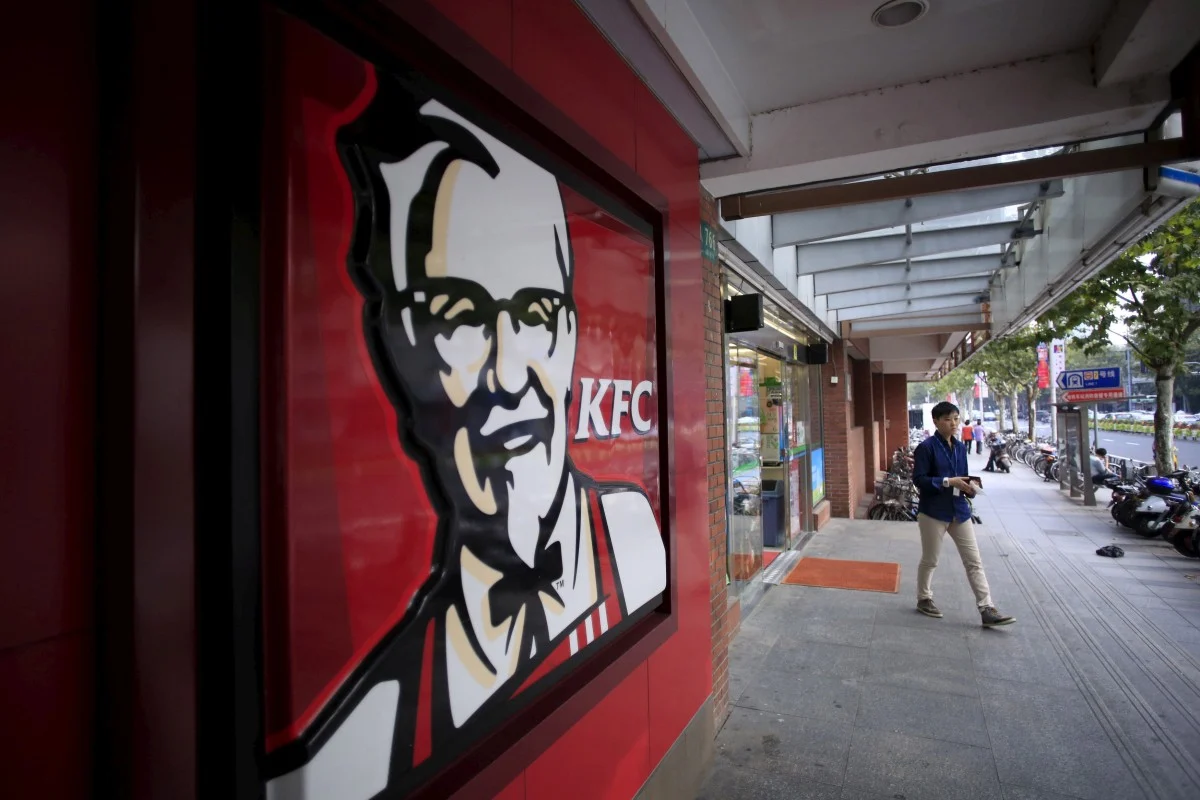Yum China Holdings, the operator of KFC and Pizza Hut in mainland China, is set to continue its aggressive expansion by opening up to 1,800 new stores in 2025. The company aims to tap into lower-tier cities, where investment costs are lower and simpler operating models can be implemented. This move aligns with its strategy of targeting budget-conscious consumers as economic uncertainty lingers.
Despite challenges posed by China’s economic slowdown and cautious consumer spending, Yum China reported a 5% increase in sales for 2024, reaching $11.3 billion. CEO Joey Wat highlighted that both top-tier and smaller cities still offer opportunities for growth. She emphasized that expansion in lower-tier markets would be supported by streamlined operations, smaller menus, and a cost-effective approach.
Half of Yum China’s 2025 capital expenditure, estimated at $700 million to $800 million, will be allocated to new store openings. In 2024, the company added 1,751 outlets, including 534 in the fourth quarter alone, bringing its total to 16,395 locations. By 2026, Yum China expects to surpass 20,000 stores nationwide.
The company’s focus on affordability remains unchanged, with continuous promotions and value-driven strategies to attract customers. While consumer spending remains uncertain, analysts expect Yum China’s approach to maintaining operational efficiency and innovation to support its growth. New business models, including KCoffee Cafes and Pizza Hut Wow, have expanded its market share and appeal to a broader audience.
Yum China’s financial performance reflected strong growth, with net income per share rising 30% year-over-year in the fourth quarter to $0.30. For the full year, per-share earnings reached an all-time high of $2.33, an 18% increase from 2023. The company also announced a 50% increase in its fourth-quarter cash dividend, raising it to $0.24 per share.
While China’s consumer market is expected to see a gradual recovery, analysts caution that it may take time for economic fundamentals to improve and for confidence to return. Beijing’s fiscal policies and local government retail incentives could provide a boost, but overall growth is expected to be modest.
Once a pioneer in the Chinese fast-food industry, Yum China now faces intense competition from both local and international brands. KFC, which was once considered a luxury dining experience in China, now competes with numerous restaurants offering similarly priced meals. In addition to KFC and Pizza Hut, Yum China operates Taco Bell, Lavazza, and Little Sheep, further diversifying its portfolio in the country’s evolving food market.
READ MORE:
